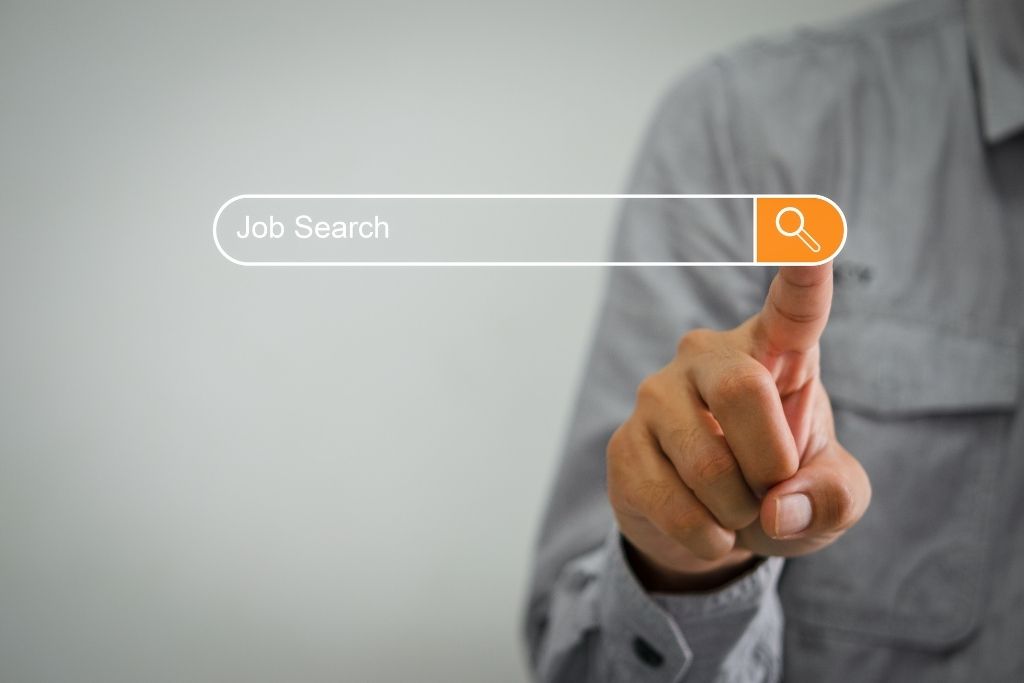Share a Moment…Not a Selfie
Share This Article
“Running out of battery in my smartphone would scare me.” According to a 2015 study from Iowa State University, that’s one of the questions you’d ask yourself in order to determine whether you have “nomophonia” – that’s “no mobile phone” phobia. Smartphone addiction is a real thing and most of us can’t imagine living without ours…but what happens when it starts to impair your social and emotional intelligence?
Emotional Intelligence (EI or sometimes EQ: Emotional Quotient) is defined as the capacity to be aware of, control, and express one’s emotions, and to handle interpersonal relationships judiciously and empathetically. Emotional intelligence is often labelled a “soft skill” but there is an extremely strong, positive relationship between emotional intelligence and success – both personal and professional.
What is Phubbing?
“Always on” mobile connectivity poses new challenges for building emotional intelligence. I recently heard coined the word “phubbing” and I am admittedly guilty of it, most often with my spouse but also regrettably at times with my children. Phubbing is the act of snubbing someone in a social setting by looking at your phone instead of paying attention (if you’re reading this on your phone, are you with anyone?)
Views on mobile etiquette are changing. Depending on your own behaviour and ability to resist temptation, you may or may not find it surprising that it is now deemed socially acceptable to be on your phone in public places and in social gatherings. I won’t get into the relationship between mental health and addiction to mobile phones here, but new studies are being released on the impact of mobile phone use and those around you. Not surprisingly, a 2015 Baylor University study links phubbing to relationship satisfaction and depression – and I think that extends beyond personal relationships into professional relationships.
Levels of Listening
One of the most effective tools for building emotional (and social) intelligence is learning to listen. According to their book “Real Influence: Persuade Without Pushing and Gain Without Giving In”, Goulston and Ullmen would define phubbing as Level One listening: Avoidance Listening = Listening Over (more the avoidance of listening than listening). We need to (re)train ourselves to listen at a higher level.
Level Two: Defensive Listening = Listening At (quick to react – listening with your defences up).
Level Three: Problem-Solving Listening = Listening To (listening in order to accomplish things).
Level Four: Connective Listening = Listening Into (striving to understand in the fullest sense).
One of the keys to accomplishing Level Four listening is eliminating distractions and giving 100% of your attention to the person you’re listening to.
Remember to put down your phone, be present in your life, and consider picking up a [paper] copy of “Real Influence: Persuade Without Pushing and Gain Without Giving In”. Last food for thought…when is the last time you stared out the window instead of at your phone to check the weather?




